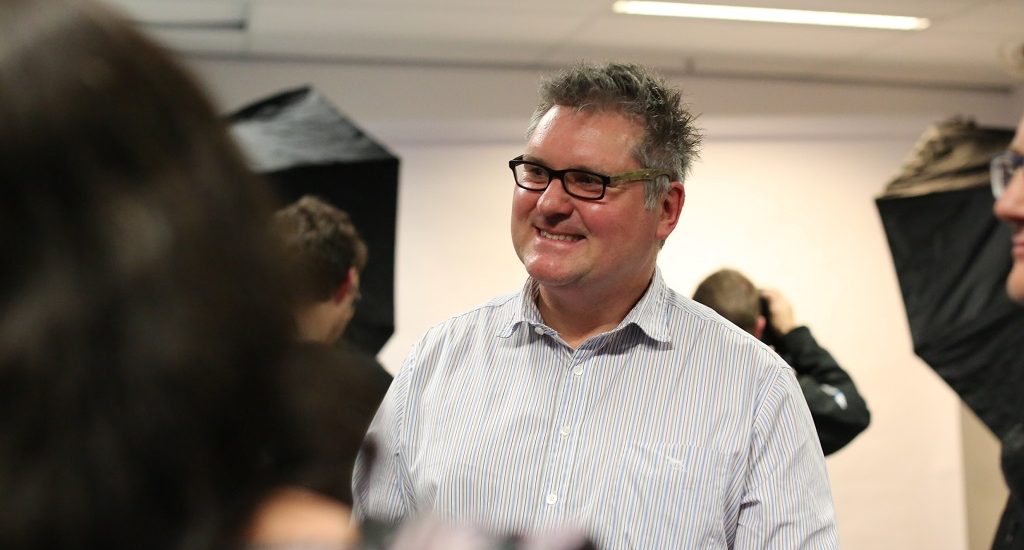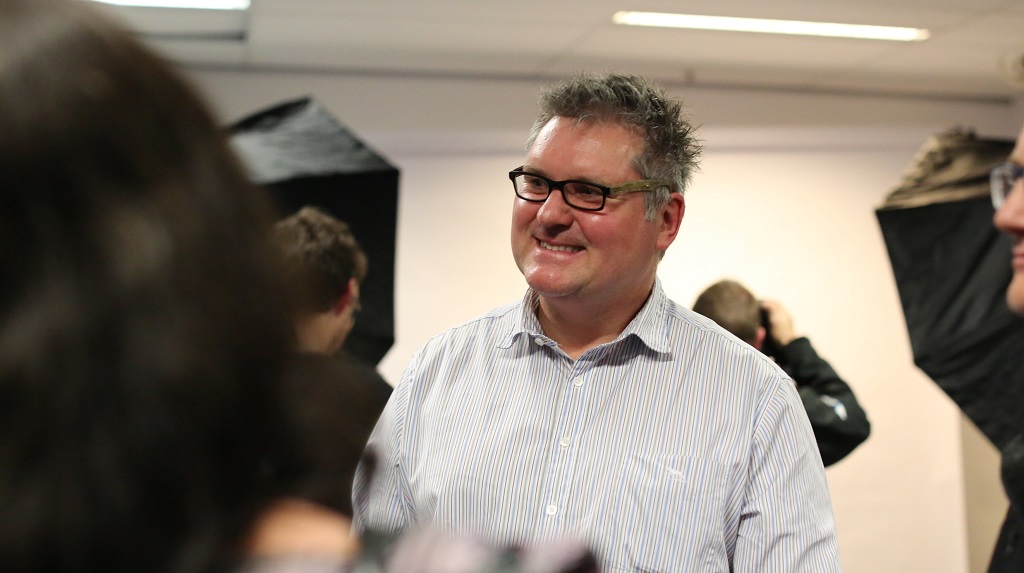- 29 April 2020
- Posted by: Canberra Innovation Network
- Categories: COVID-19, KILN Incubator, Startup Stories & Profiles

When Harold Dimpel was 9 years old, he started his first business looking after his neighbours’ pets, pools and gardens while they were away. Raised by migrant parents, he learnt from a young age what you can achieve through hard work and how a little can go a long way.
He said since then, he has never stopped trading in his own business. He seems to have done it all too, from labouring to engineering, coding to fashion industry management and many occupations in between.
In the early 2000’s, Harold built one of Australia’s first mobile phone ringtone download services. With some early success they discovered a problem with collecting and processing the small transactions involved with each online download. These micropayments, ranging from 20c to $5 could not be efficiently processed online with credit cards, and it’s a global problem that still exists today (one that cryptocurrencies are attempting to solve, though not without additional issues).
This problem was the motivation behind the mHITs payment system – an account linked to your mobile phone number that let you make small, instant person-to-person payments via SMS.
Founded in 2003, mHITs’ history is a turbulent one. Issues with business model, investment, regulation and bank accounts being blocked has caused the business to make drastic changes and adjustments. More than once.
Harold claims to have pivoted the businesses 16 times since its inception. The original core platform built for mHITs is still being used to send payments overseas with his current startup, Rocket Remit.
This newer brand of the business focuses on international money transfer. It enables people in developing economies who may not have a bank account, to send and receive money through their mobile phone.
“We pivoted because we were failing! It was horrible at the time. Failure after failure. Precious money and time wasted. We had no choice but to pivot. At the time we didn’t really think of it as pivoting – we were not that educated about the idea of pivots – we just knew we had to try something different or we would die. Because death was not an option we pivoted.”
Harold said through this time, the team never gave up. Each year they would reassess their position and consider whether or not they should continue. They did vendor work and gained traction with some services but not enough to break through, with cash running low.
“Then our last pivot to international money transfer started working. We needed money to scale but because we couldn’t find any investors (why would you with our crazy track record), we worked out a way of growing organically and more slowly where I funded the business from my own pocket.”
That’s when Harold and the team joined the KILN incubator program at the Canberra Innovation Network (CBRIN) and started to embrace the ‘lean methodology’. It is a way of optimising a business’ resources and energy, focusing on where the customer value is. When they understood that they needed their technology to solve a specific problem in the world, things started to improve in the business.
Having always been an active contributor to Canberra’s innovation ecosystem, Harold has seen the ecosystem starting to mature with a new generation of people and startups.
“Some recent high-profile business sales from local entrepreneurs prove that it is possible to grow and operate a multinational company from Canberra without needing to leave or go move it overseas. I am hoping more of these successful entrepreneurs start to ‘pay it forward’ by mentoring and investing in the next generation of entrepreneurs in our community.”
“CBRIN has a vital role in maintaining a permanent consciousness of the start-up ecosystem in Canberra. It connects ecosystem participants but also has an important complementary role in providing training and education programs.”
Harold thinks that his headstrong confident attitude ‘bordering on arrogance’ has been helpful for motivation and drive. But he also believes humility, admitting failure and embracing change are more powerful qualities.
He was privileged to work with a number of influential Canberra companies and entrepreneurs in his early career and encourages new entrepreneurs to seek the same. The experience will teach you a lot about how to run a company, and how not to.
Responding to the current world situation due to COVID-19, Rocket Remit looked at the positive and negative impacts their business would face, along with the potential impacts of the sector.
“As it turns out, we have seen the biggest growth surge ever experienced in our company’s history. This is partly due to our presence as a 100% digital money transfer operator in an industry which is still dominated by cash transactions. In our case, not only has the demand for our services increased (people sending money to family overseas to assist with medical treatment) but some of our competitors have been unable to operate due to physical distancing and retail closures.”
If your business is being affected by COVID-19, Harold suggests using this as an opportunity to pivot and strengthen your business model against future shocks.
“If you can’t operate, look at how to recover quickly when it is over and take this time to educate yourself in lean methodology and read some business books. Never stop learning.”

